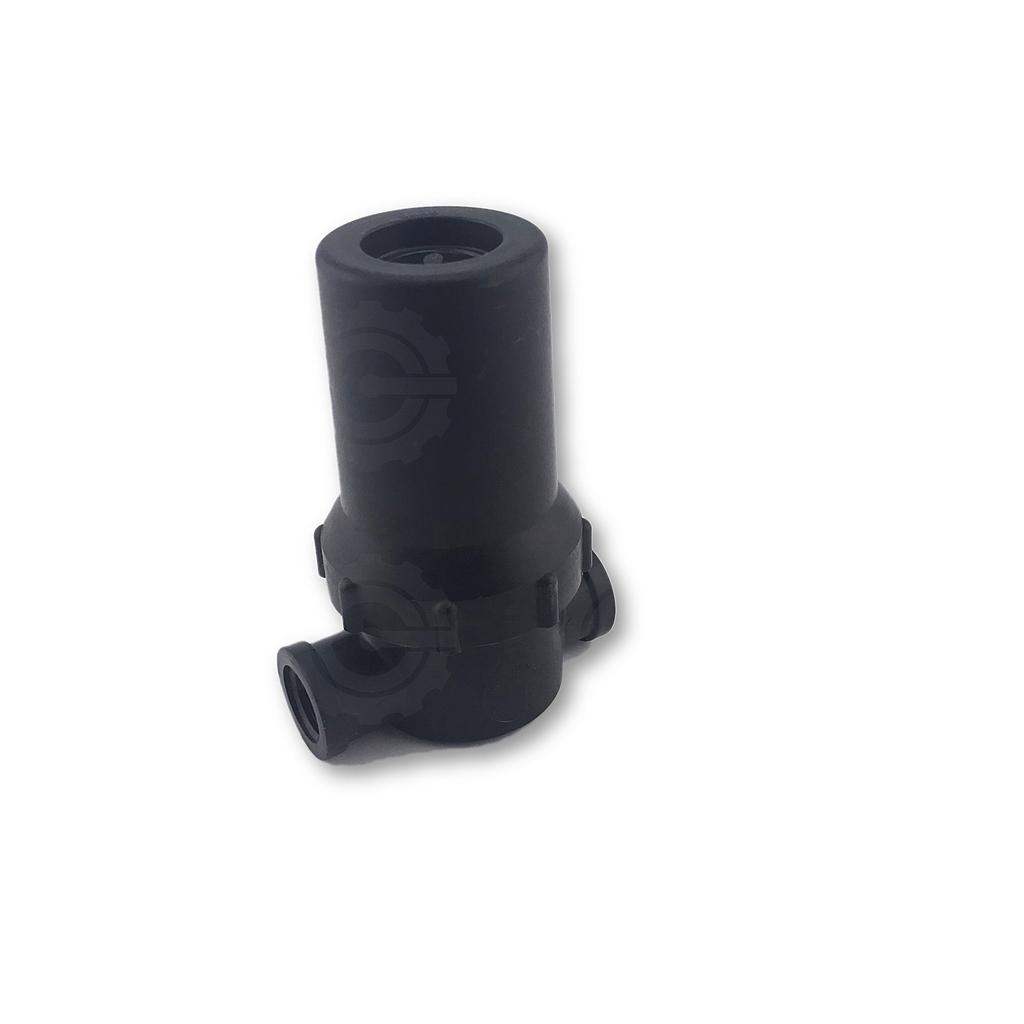 Source: bing.com
Source: bing.comIf you're looking for a way to simplify your business processes, a solution filter might be the answer. This tool can help you sort through data, streamline workflows, and make better decisions. In this article, we'll explore what a solution filter is, how it works, and how it can benefit your organization.
What is a Solution Filter?
 Source: bing.com
Source: bing.comA solution filter is a software tool that enables you to filter, sort, and analyze data to find the information you need. It works by setting up rules that define what data to include or exclude, and then applying those rules to a data set. For example, you could use a solution filter to find all sales data from a particular region, or to identify all customers who have bought a specific product.
How Does a Solution Filter Work?
 Source: bing.com
Source: bing.comTo use a solution filter, you'll first need to define the rules that will be applied to your data. These rules can be based on a wide range of criteria, such as date ranges, customer demographics, product categories, or sales volume. Once you've set up your rules, you can apply them to your data set and generate a filtered view of your data.
In most cases, solution filters are designed to be user-friendly and intuitive, with drag-and-drop interfaces and visual representations of your data. This makes it easy to explore your data, identify trends and patterns, and make informed decisions.
Benefits of Using a Solution Filter
 Source: bing.com
Source: bing.comThere are many benefits to using a solution filter in your business operations. Here are just a few:
- Efficiency: A solution filter can help you quickly find the data you need, without having to manually sift through large data sets.
- Accuracy: By applying rules to your data, you can ensure that you're working with accurate and relevant information.
- Insight: A solution filter can help you identify patterns and trends in your data, giving you valuable insights into your business operations.
- Customization: With a solution filter, you can create customized views of your data that are tailored to your specific needs and goals.
- Collaboration: Many solution filters allow you to share data with others, making it easier to collaborate on projects and make informed decisions as a team.
Examples of Solution Filters
 Source: bing.com
Source: bing.comThere are many different types of solution filters available, each designed for specific use cases and industries. Here are a few examples:
- Data visualization tools: These tools allow you to create visual representations of your data, making it easier to identify patterns and trends.
- Business intelligence software: These tools provide advanced analytics capabilities, allowing you to generate insights into your business operations.
- Workflow management tools: These tools help you streamline your business processes, automating repetitive tasks and improving productivity.
- Customer relationship management (CRM) software: These tools help you manage your customer relationships, providing insights into customer behavior and preferences.
Choosing the Right Solution Filter
 Source: bing.com
Source: bing.comWhen choosing a solution filter for your business, it's important to consider your specific needs and goals. Here are a few factors to keep in mind:
- Features: Look for a solution filter that offers the features you need, such as data visualization, advanced analytics, or workflow management.
- User-friendliness: Choose a solution filter that is easy to use and understand, with a user-friendly interface and helpful documentation.
- Scalability: Make sure the solution filter can handle your current data needs, as well as any future growth you may experience.
- Cost: Consider the cost of the solution filter, including any licensing fees, maintenance costs, or training expenses.
Conclusion
 Source: bing.com
Source: bing.comA solution filter can be a powerful tool for businesses of all sizes and industries. By enabling you to filter, sort, and analyze your data, a solution filter can help you make better decisions, improve efficiency, and gain valuable insights into your operations. When choosing a solution filter, be sure to consider your specific needs and goals, and look for a tool that offers the features, scalability, and user-friendliness you require.